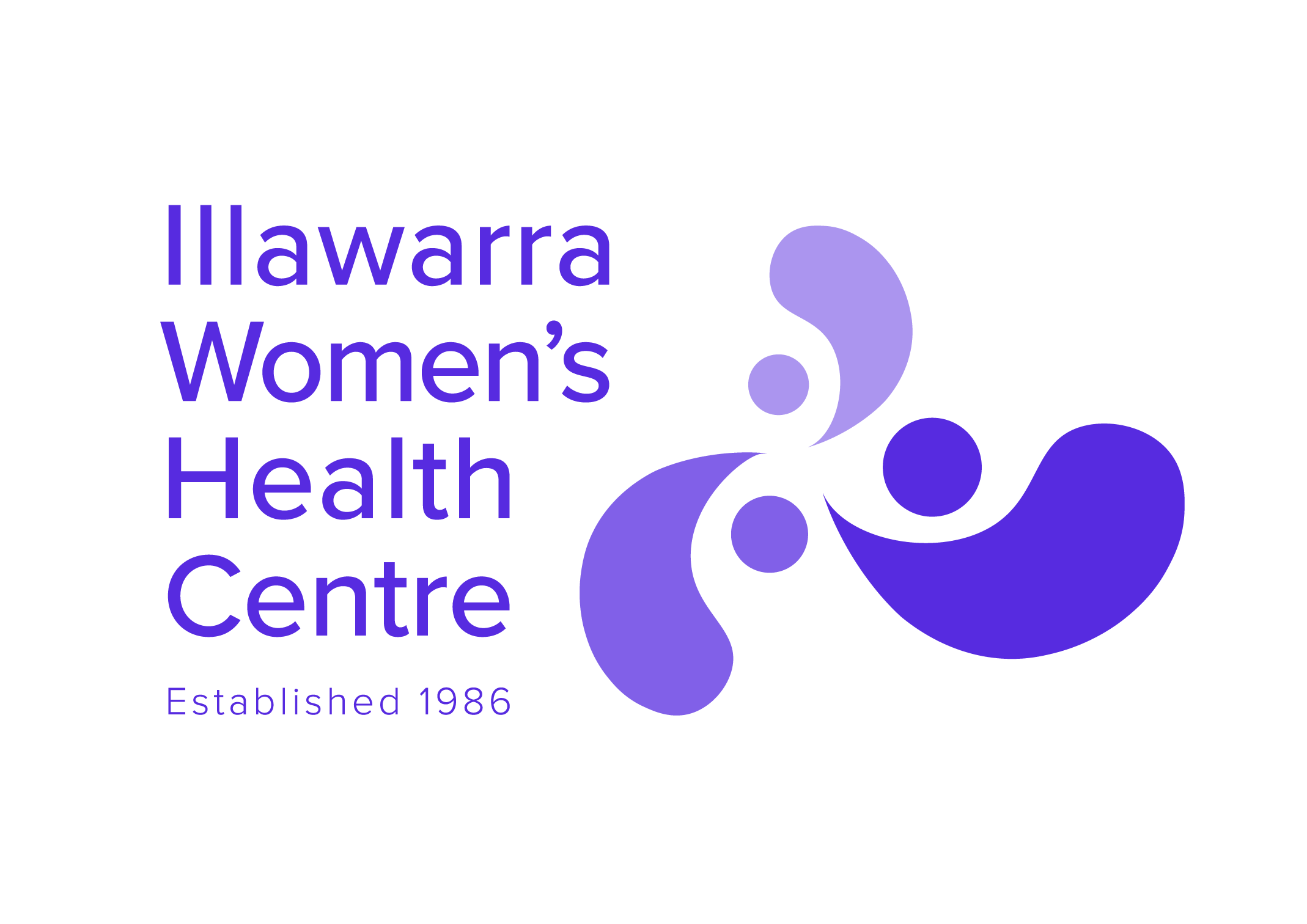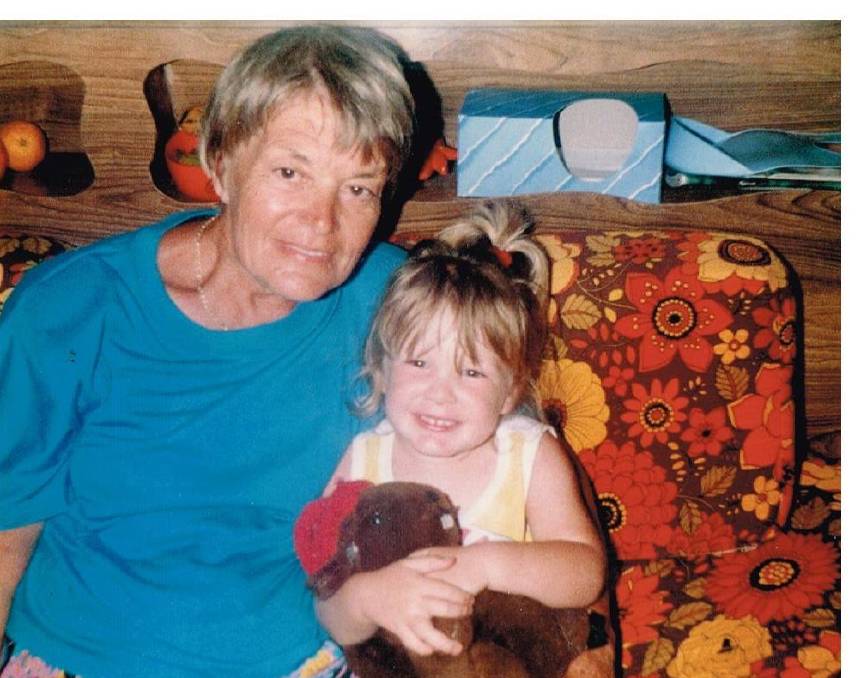Illawarra Mercury – Laura Brooks
During my grandmother’s marriage, she had felt trapped, powerless and under resourced mentally, physically, and emotionally and unable to leave. Over the course of three decades, she had ongoing admissions to psychiatric wards, she experienced electroshock therapy, attended counselling and was medicated to ‘solve’ her mental health issues. Responsibility was placed solely on her to address her mental health issues.
For women like my grandmother, who experience ongoing abuse, living with a perpetrator is akin to living in a war-torn environment. Research now demonstrates that the legacy of trauma caused directly by family and domestic abuse is like the trauma impacts soldiers experience when they return from war. As a nation we understand and accept the impact war has on soldiers, but little recognition is given to the ongoing impact of domestic abuse on women’s mental health.
Domestic abuse exacerbates pre-existing mental health issues. Mental health issues that never existed prior to experiences of violence are often directly caused by the perpetrator’s choice to use abuse. Women experience ongoing threat and trauma, not from a stranger on a battlefield, but at the hands of those they love, in their own home. Perpetrator tactics of abuse and violence relentlessly create and entrench patterns of control within the home to entrap women and make it impossible to leave.
I never asked my grandmother directly, as I was much too young, but I can safely bet throughout her time accessing mental health treatment she was never screened for domestic abuse, let alone assessed for the direct impact the abuse was having on her mental health. I would like to think our current support systems have changed significantly since the twenty plus years my grandmother accessed treatment. Sadly, external support services are not much better.
As someone who works in ‘the system’, I see agencies throughout the welfare sector continually re-traumatise women. Women are often revictimised, through a ‘failure to protect’ approach, where women are blamed for not protecting their children from the perpetrator, and little or no visibility is given to men’s use of violence, which is the very reason children need protection in the first place.
Through this approach mental health issues are weaponised against women with the perpetrator then viewed as the protective parent. Systems continually silence the voices of survivors and work in ways which ensure the actions of perpetrators remain invisible. The very systems that are meant to protect women and children actively work against them making it even harder to safely leave.
In Australia, on average, one women every nine days is killed by her current or previous partner. Whilst this statistic is horrific, the true impact is much more. We do not record the number of women, who, like my grandmother, suicide, due to the direct impacts of domestic abuse. The true impact of abuse and violence is widespread, it is endless and overflowing and it is time we create systems that hold men accountable by ensuring men’s violence is visible, the impact of violence is understood, and women are not re-victimised when seeking support.
n July 2021, the Royal Commission into Defence and Veteran Suicide was established. A year later, the Royal Commission into Defence and Veteran Suicide Interim Report was delivered to the Governor-General. It was then tabled in Parliament and made public with 13 urgent recommendations. Prior to this, in 2017, a report by the NSW Domestic Violence Deaths Review Team showed a clear correlation between suicide and domestic violence, with just under 40 per cent of all the suicides in the study known to police due to domestic violence.
Similar research was conducted in Western Australia revealing more than half of women and children who died by suicide in 2017 had experienced domestic violence. Many advocates however, believed this number was much higher due to women not reporting violence to Police or government agencies prior to their suicides.
Women and children must be afforded the same rights as the nation’s soldiers. It is time a Royal Commission into Suicide among Women and Children who have experienced Domestic and Family Violence is established. It is time that domestic and family violence is recognised as a national emergency.
My grandmother was not the sum of the things that were done to her, and she was more than her diagnosed mental health issue. She was the kindest, most loving, fiercely protective women I knew. She was well ahead of her time; from her I gained my fierce passion for human rights and social justice advocacy work. For her I speak out.
Laura Brooks is a Survivor Advocate and the Mental Health Team Leader at the Illawarra Women’s Health Centre; she is a certified trainer in the Safe and Together Model and continues to work towards influencing and advocating for systems to work towards domestic violence informed practice.


